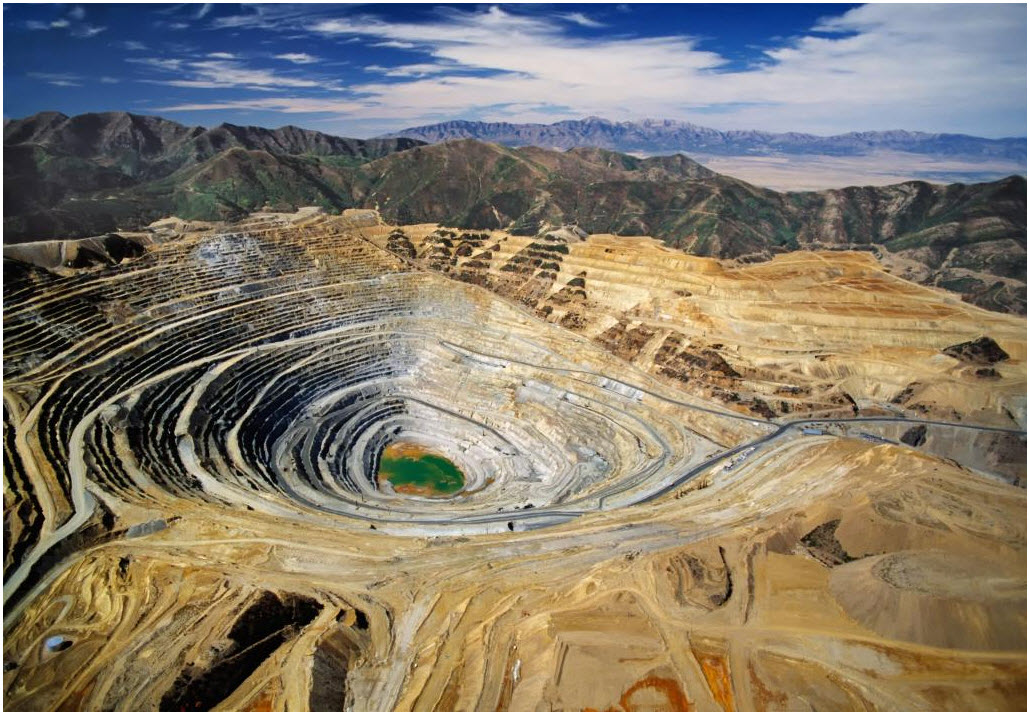Despite concerns over the environmental impact of industrial mining and the contribution that fossil fuels make to global warming, resource extraction continues to be a major source of revenue for both developing countries and wealthier nations alike. In fact, the amount of resources being pulled from the earth has tripled since 1970, though the global population has only doubled in that time. Despite global efforts to reduce carbon emissions as part of climate change diplomacy, fossil fuels remain among the most prized extractives, for a simple reason: Global demand combined with the wealth they generate have historically given some countries, including members of the Organization of the Petroleum Exporting Countries, outsized global The lucrative contracts associated with the extractive sector help to explain why resource extraction remains central to many developing countries’ strategy to grow their economies. But the windfalls don’t come without risks, most prominent among them being the “resource curse” that can plague countries that fail to diversify their economies to generate alternate sources of revenue. Corruption can also thrive, especially when government institutions are weak. When the wealth generated from resource extraction isn’t fairly distributed, it can entrench a permanent elite, as in Saudi Arabia, or fuel persistent conflicts, as in the Democratic Republic of Congo. And the environmental damage caused by the extractive industries has decimated local communities and driven social protest movements around the world. The environmental impact of fossil fuels, particularly with regard to climate change, is driving some changes, in particular a push to develop renewable energy sources, such as wind and solar. But the transition to renewable energy sources is slow to develop, even as its long-term financial viability remains uncertain.
key questions about future developments. Will renewable energy sources eventually overtake fossil fuels? Or, as countries begin to transition away from more heavily criticized energy sources, like coal, will they replace them with other fossil fuels, like natural gas? Will the coronavirus have a long-term impact on global oil and commodities markets? |




